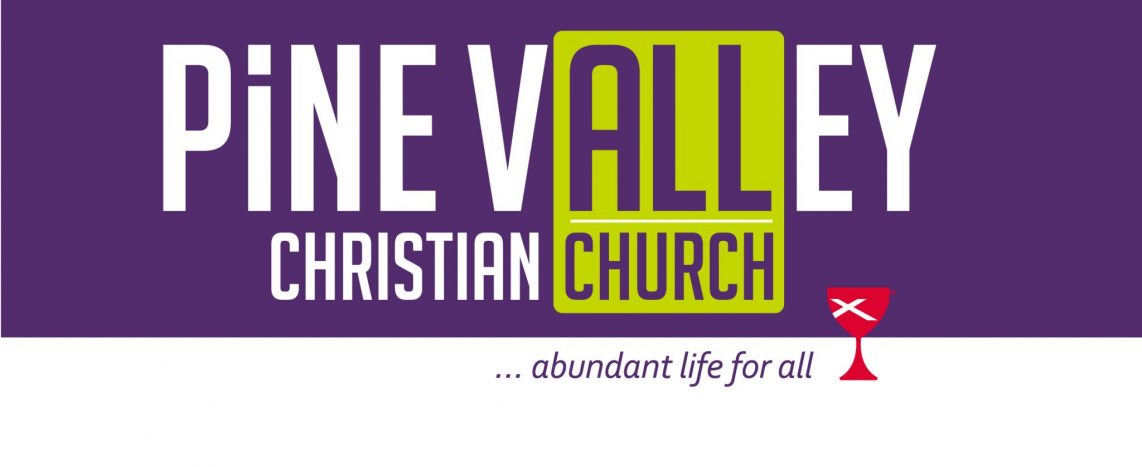Luke 8: 26-39
Living in a Haunted House
This is the first in what I hope will become a summer series of dialogue sermons. We often have the mistaken idea that the New Testament gospels are biographies of Jesus. It’s like Jesus had traveling secretaries with him who kept contemporaneous records of what he did and said, or maybe they sat around the campfire and wrote down what happened that day. But that is not what happened. I think that as the church grew, as new people joined the church, the leaders of the church felt there was a need to educate the new arrivals. The newcomers, some of whom were converts and others merely interested parties, needed to learn what Christianity is about. Why should they join this company, perhaps at great risk to themselves and others? So, the leaders of the church wrote teaching manuals. That’s what the gospels are. They are some of the teaching manuals written by members of the early church for use in the church. They told the parables of Jesus and stories like we have today as discussion starters.
Listen to this story from the Gospel of Luke. After hearing the story, what strikes you about it? What words or scenes do you recall? What events? Why do you think the educators wanted to use this story? These are questions we can talk about. The goal is to begin to explore what being a follower of Jesus means to us.
I think the story is about identity. The man’s name is Legion. He is living in an unclean country, in a place of death, and his name is Legion. A Legion is 5,600 battle-hardened Roman soldiers. That’s what is marching around in the man’s head and stomping on his heart. He is living in an empire of death and the empire is living in him. Does this speak to you?
The United States has about 5 percent of the world’s population but 20 percent of the world’s prison population. The 13th Amendment ended slavery. That’s why we celebrate Juneteenth today. But Robin DiAngelo tells us in her book Nice Racism that our lived reality does not match our lofty rhetoric. We believe in equality and justice and all good things, but reality tells a different story–a story we know too well. So, we practice what DiAnglo calls “aversive racism.” Because the gap between what we want to believe and our lived realty is too painful to confront, we try to avoid it. In another book, White Too Long, Robert P. Jones reports that on the basis of his research racism is in the DNA of the White church–Catholic and Protestant. The Black Lives Matter movement and Critical Race Theory tell us we are living in a haunted house–and the haunting is in us.
I am working with a group of Mennonite friends to bring a play called “We Own This Now” to town in November. The play is about the doctrine of Christian discovery. The purpose of the play is to get us thinking and talking about the land we live on, land that was stolen from Indians who lived here thousands of years before our ancestors arrived. The United States has close to 400 treaties with Indian tribes and nations, and we have unilaterally violated every one of them. This is what it means to live in a haunted house. The good news of the gospel is we don’t have to stay here. The story in Luke’s gospel is about healing. Remember that near the end of the story we learn that the man is “clothed in his right mind.” How does that happen? We need to talk about that. This could be a baptism story. The man is given a new name, a new identity. The gospel does not tell us exactly what happened. We need to fill in the blanks. Here’s how I do it. Jesus, or in this case leaders of the early church speaking in the name of Jesus, are telling us that the Great Lover, the Great Lover of all of life, the Great Lover loves us, loves you, and Jesus the healer–that is that salvation means–healing, Jesus the healer invites you to come and live in the house that love is building. The gathered church is, or should be, a safe place to practice loving one another, so that like the man in the story, once we are clothed in our right minds, we can go out into the community and tell others what God had done for us. May it be so.
